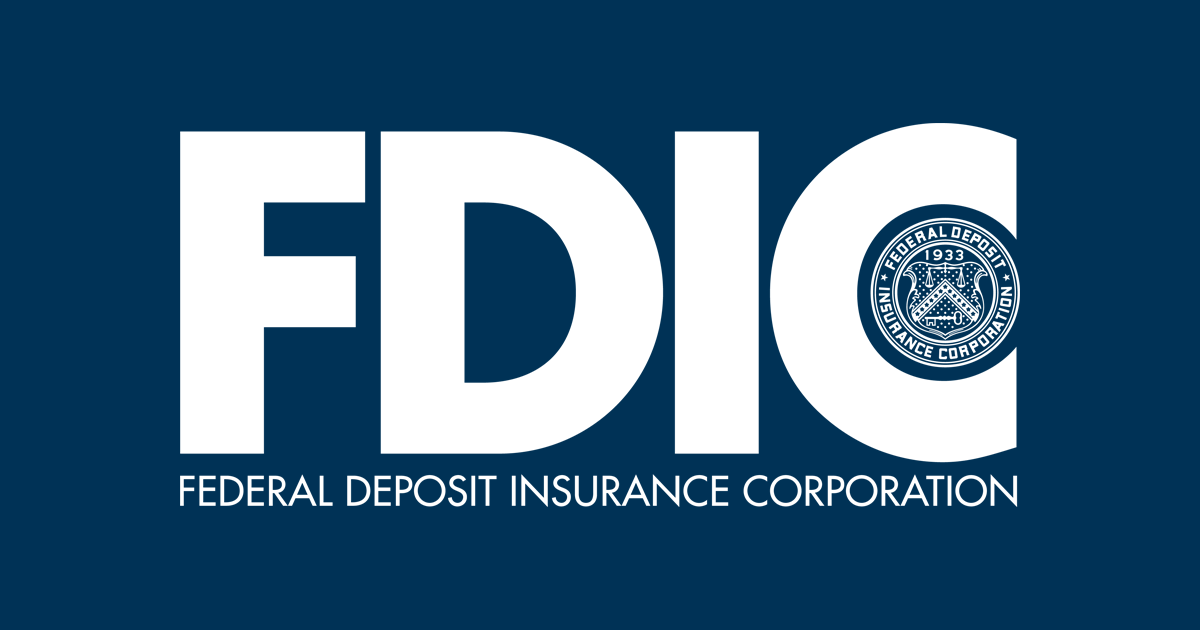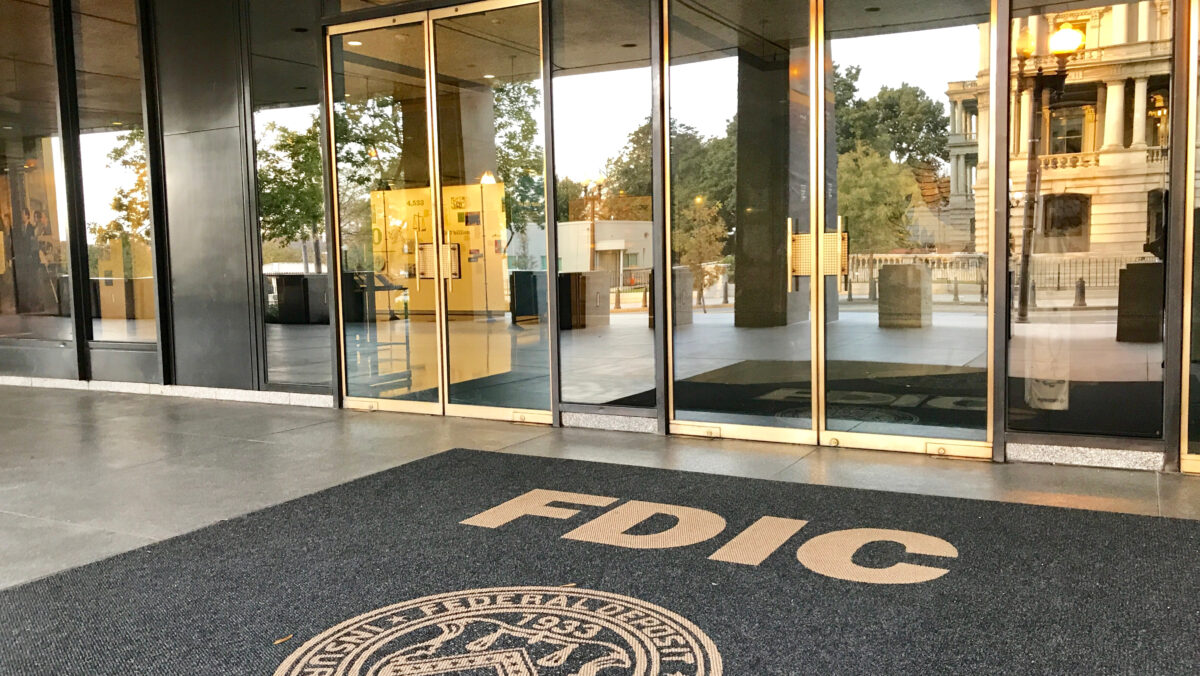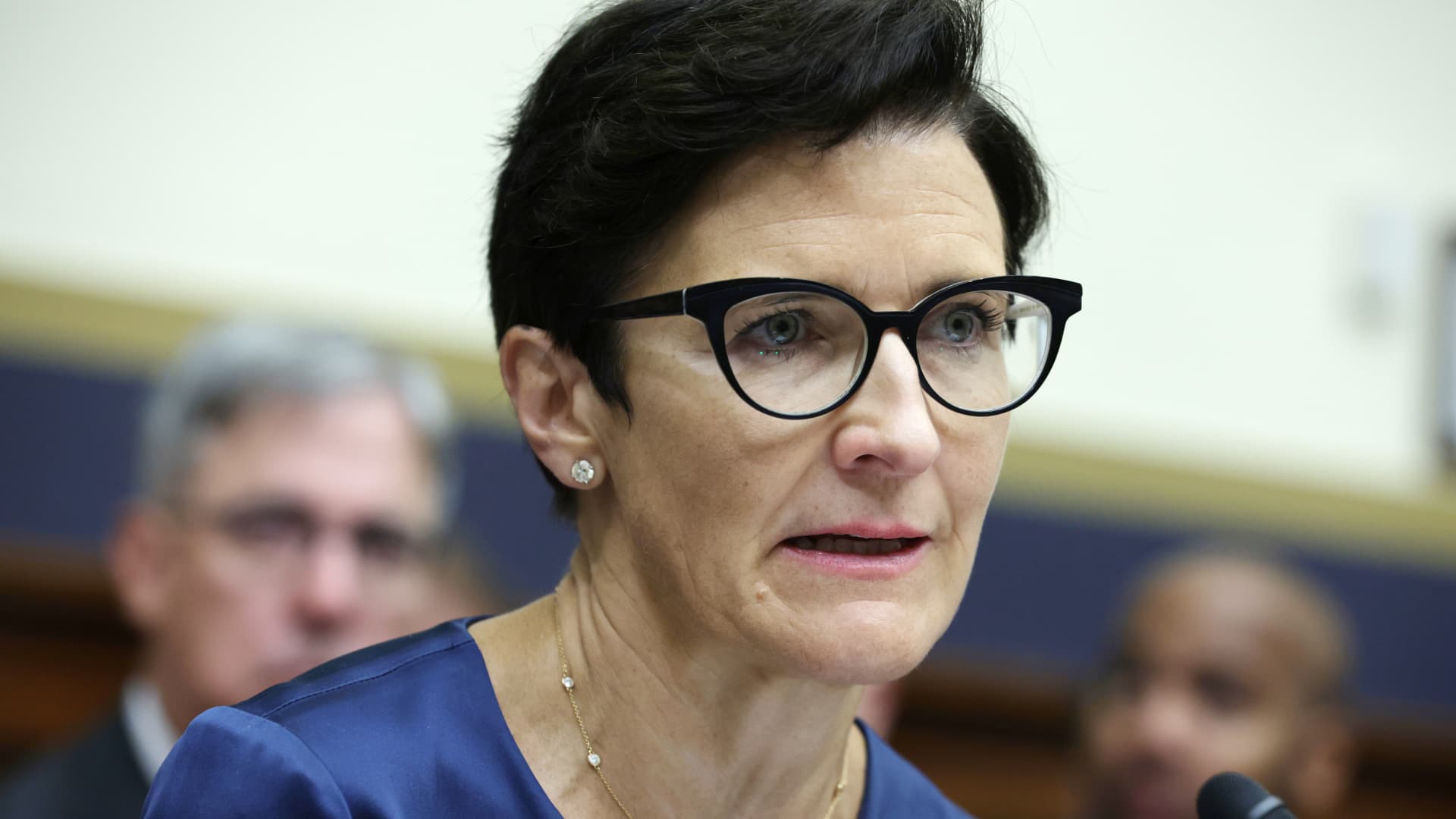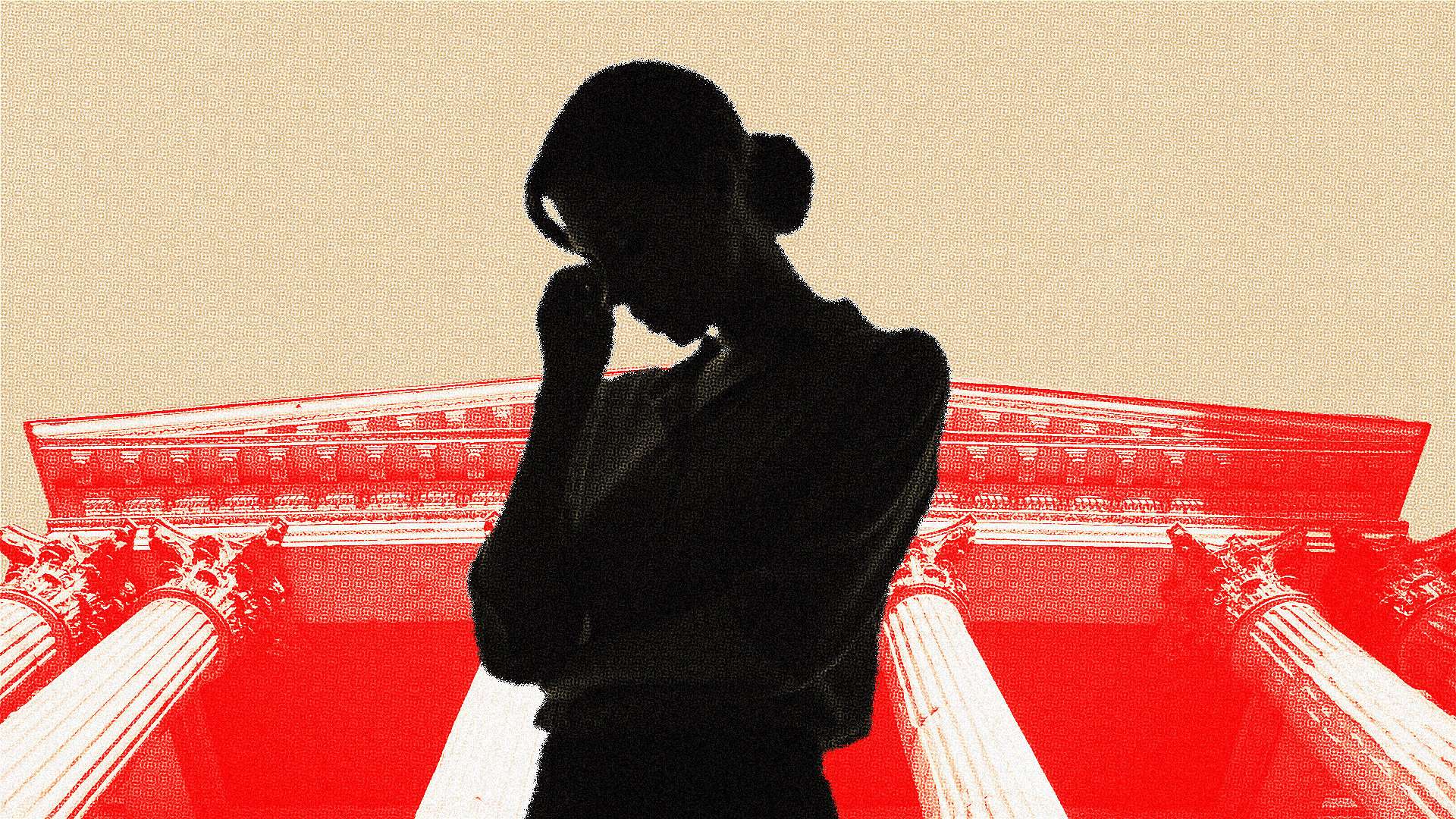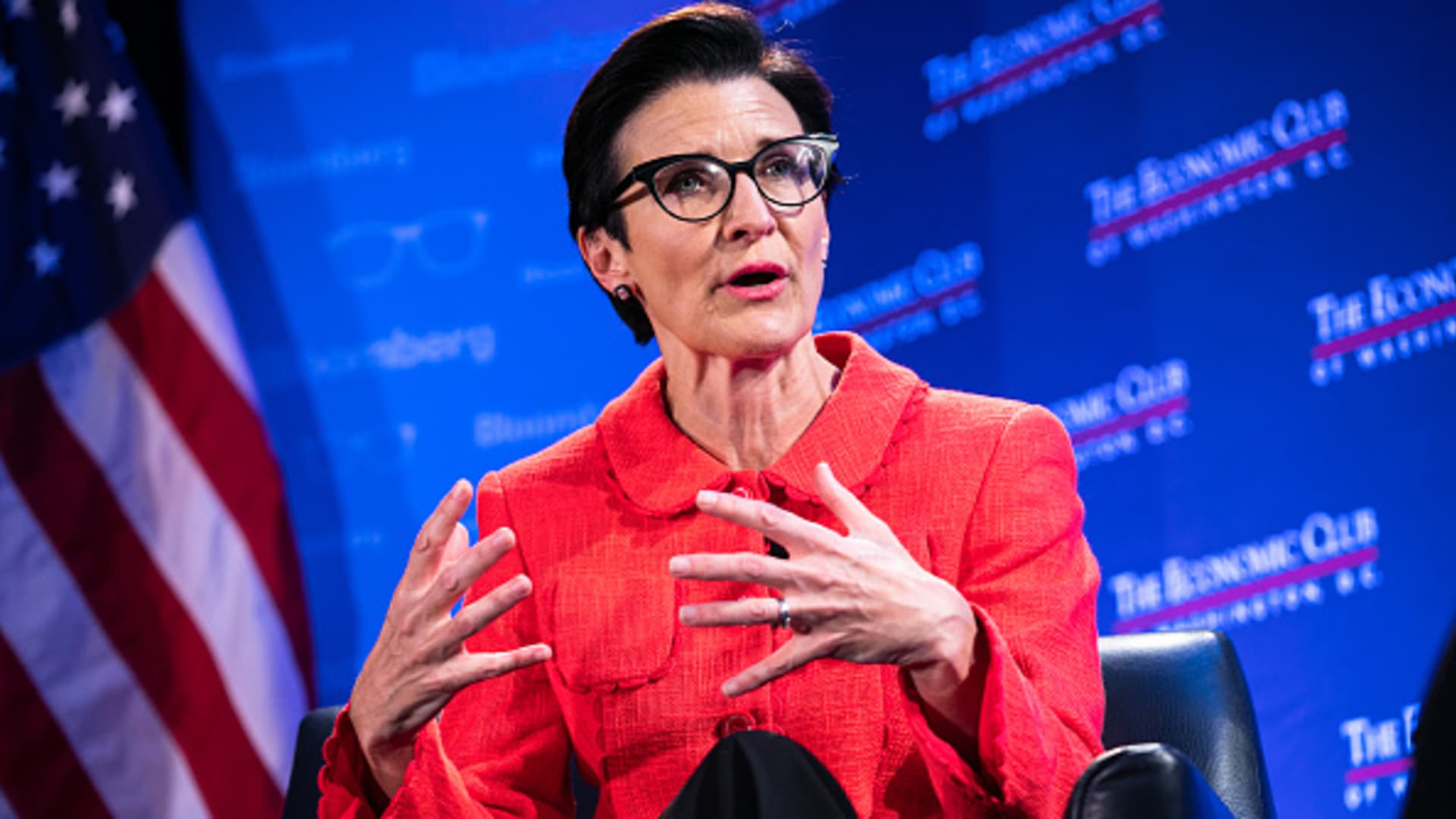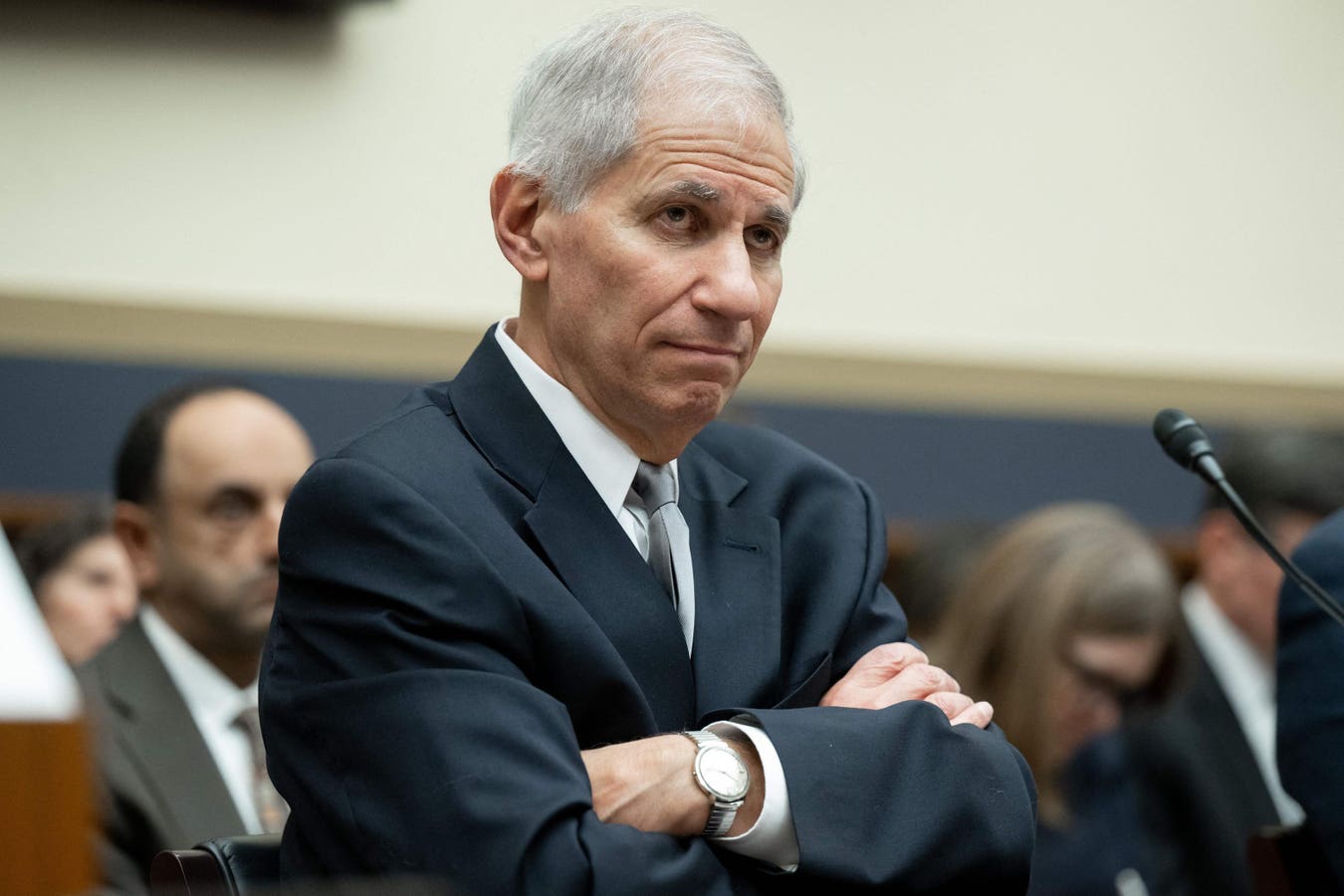A bunch of car repo's. How does one get a car without even registering the thing? Not to mention having a loan against an unregistered car.
In California, and with some other states IIRC, the registration follows the car, not the buyer.
So. A car is sold, say in December. Every year in December the plates come due. But the car is traded in in March, and someone buys it off a lot in April.
The eight months of registration that go with the car (in California it's incredibly expensive) is a real selling point. But then, since he makes no payment since signing the note...why renew the plates? He can't without the lender's paperwork, anyway. I think maybe the bank or finance company has to initiate registration renewal.
Interesting situation: I bought one of my cars at CarMax. It was overpriced, but not wildly; and it was what I wanted, and there. It was in Washington, 200 miles and two states away.
I bought it, with financing in-house. Because I knew the insurance check was in the pipeline, and I had a grace period where I could pay back the principle and be charged nothing...which I did.
But I left the dealer with a 72-hour transport tag (all Washington would allow to out-of-state buyers) and all the paperwork to register the car. Had I been up to mischief, I could have just said the hell with it, and driven it with a stolen plate. I had a binder from my insurance agent, but I wasn't sure I'd buy the car until I actually did.
So, it depends on the state.
What that mess in the video looks like, is stupid bankers, low-tier loan officers, being pressured to sign loans...and buyers, WAY down on the dark side of the Bell Curve. I wouldn't borrow anything at 15 percent, certainly not a used car.
Absolute insanity. But sadder is that these older used cars are really the best buys - unlike the new, hyper-computerized ones with all the start-stop and emissions crap, the older ones could be repaired at a reasonable rate. A new car...I wouldn't own one. If I had to, I'd lease one - but they're not designed to last, or to be serviced once out of their warranty.
www.zerohedge.com


 you could imagine the ACH problems as engineered to get banks on board with using Fednow. /
you could imagine the ACH problems as engineered to get banks on board with using Fednow. / 